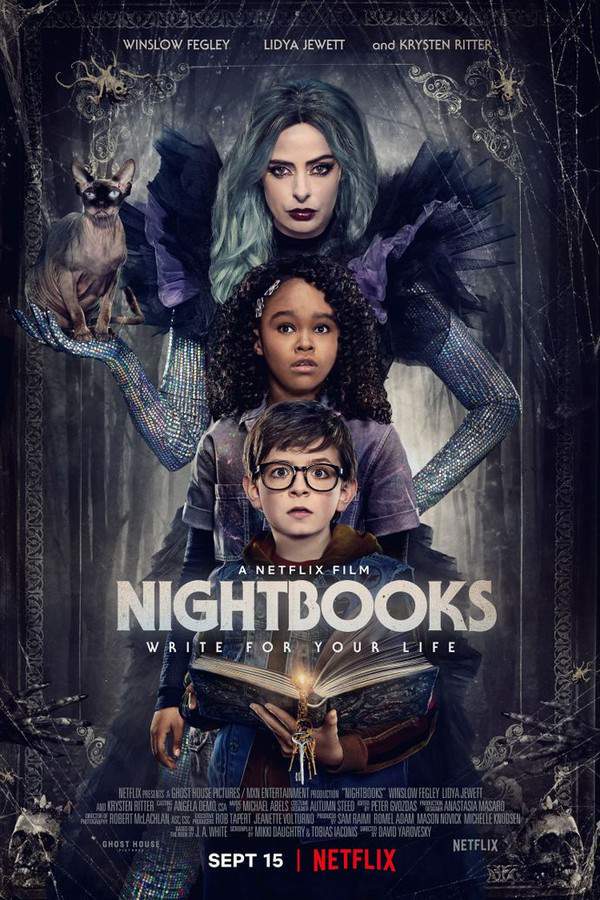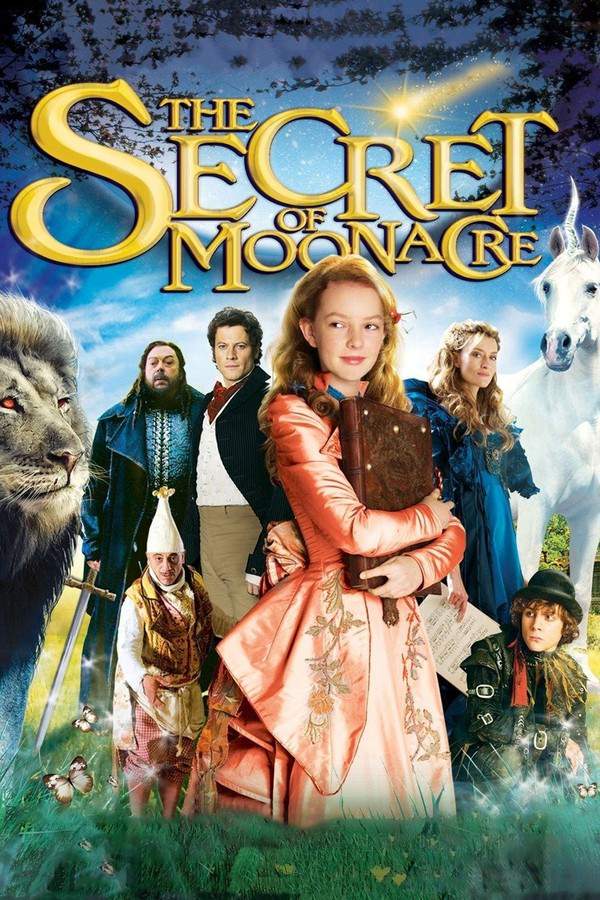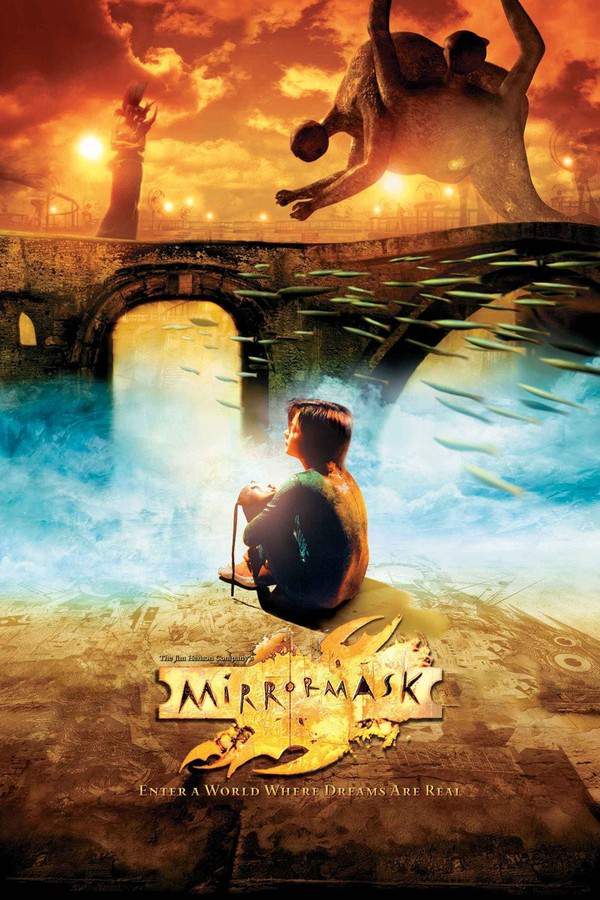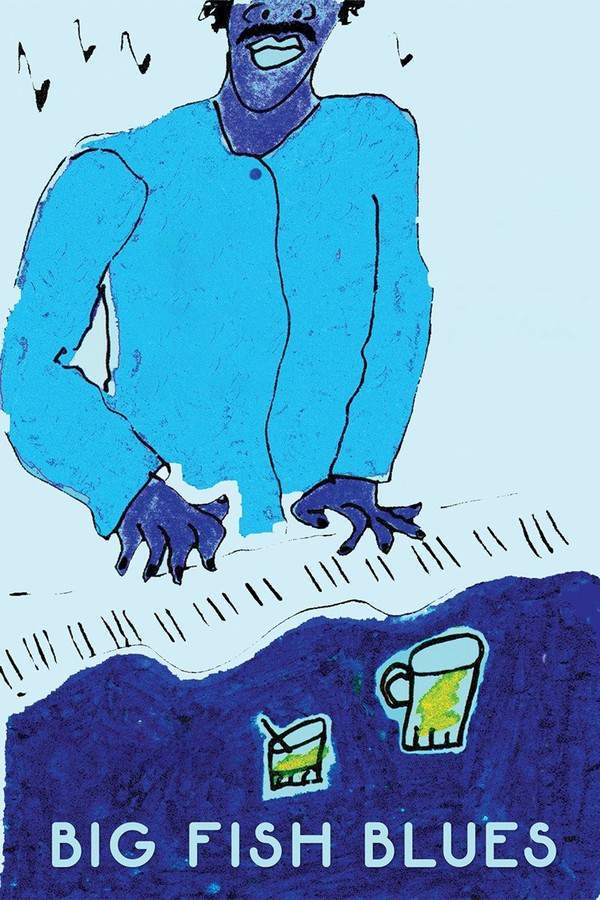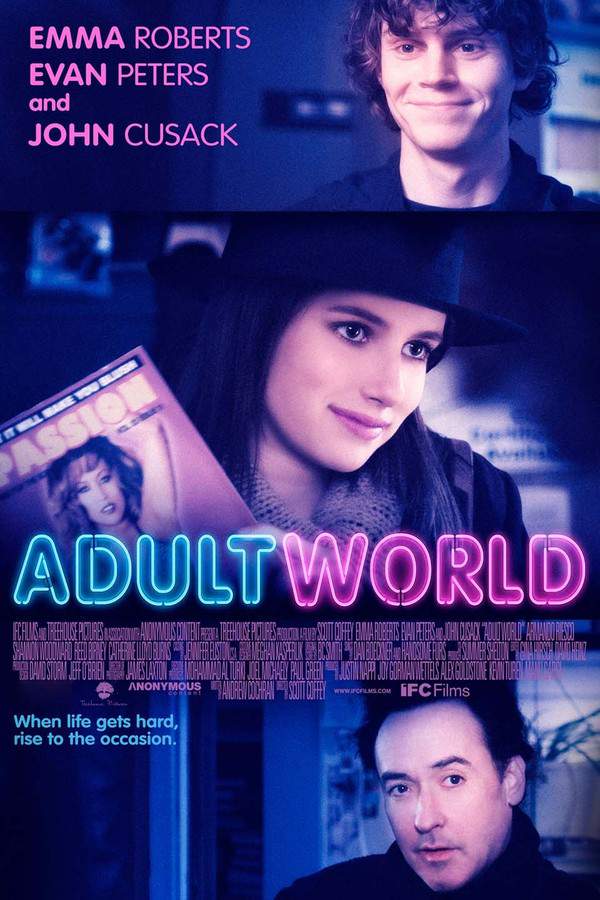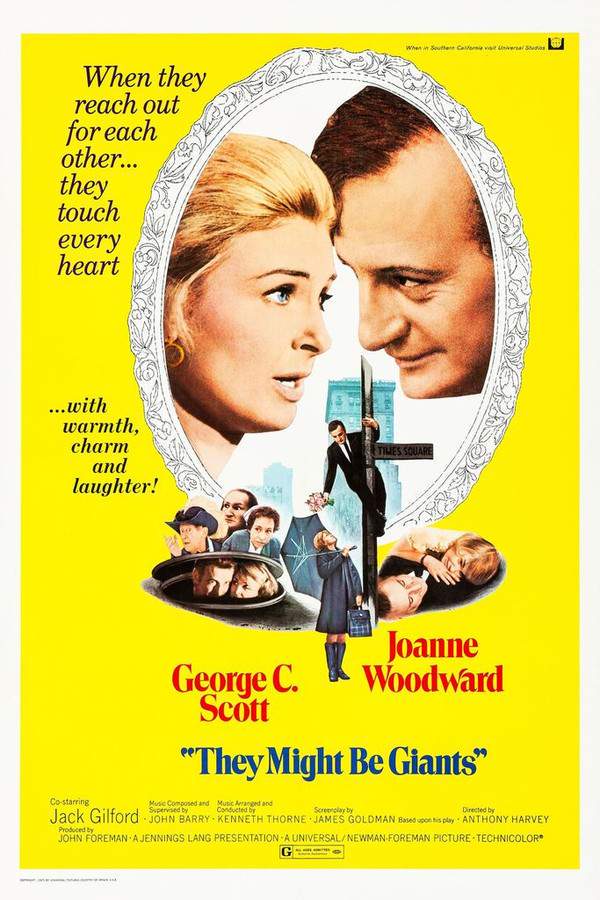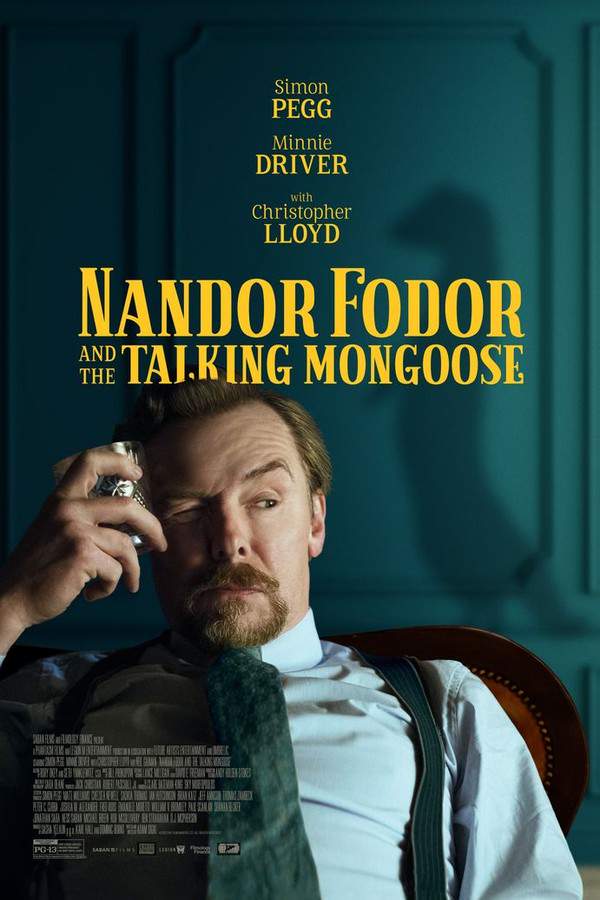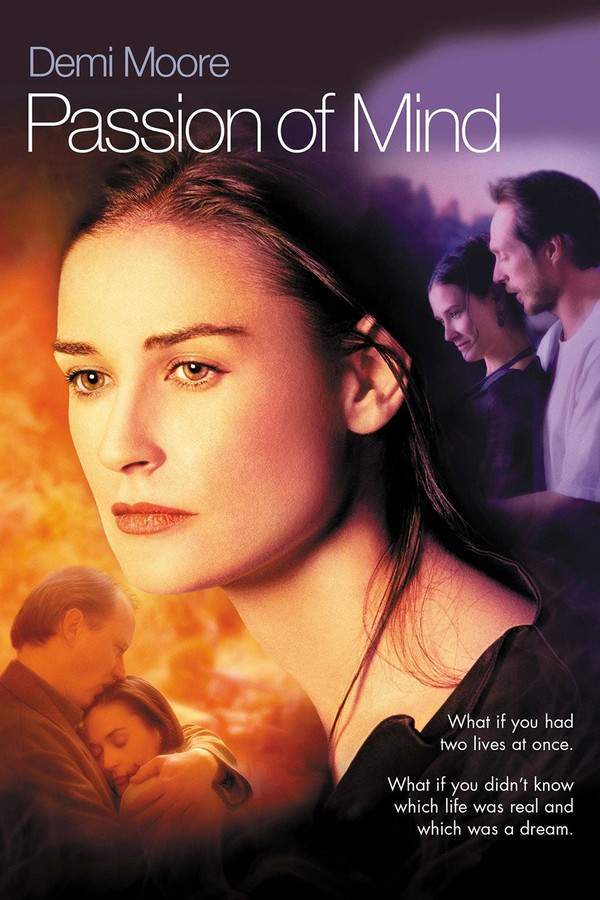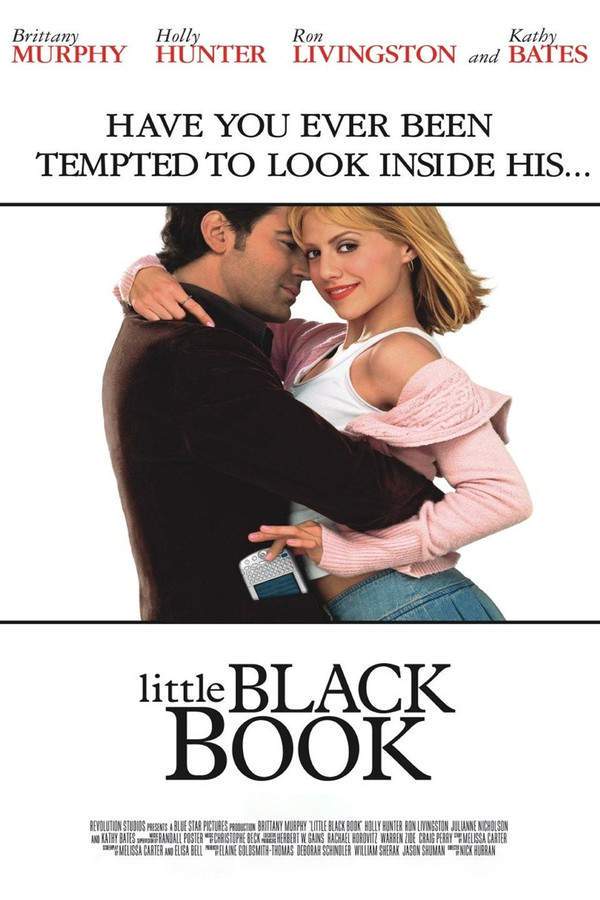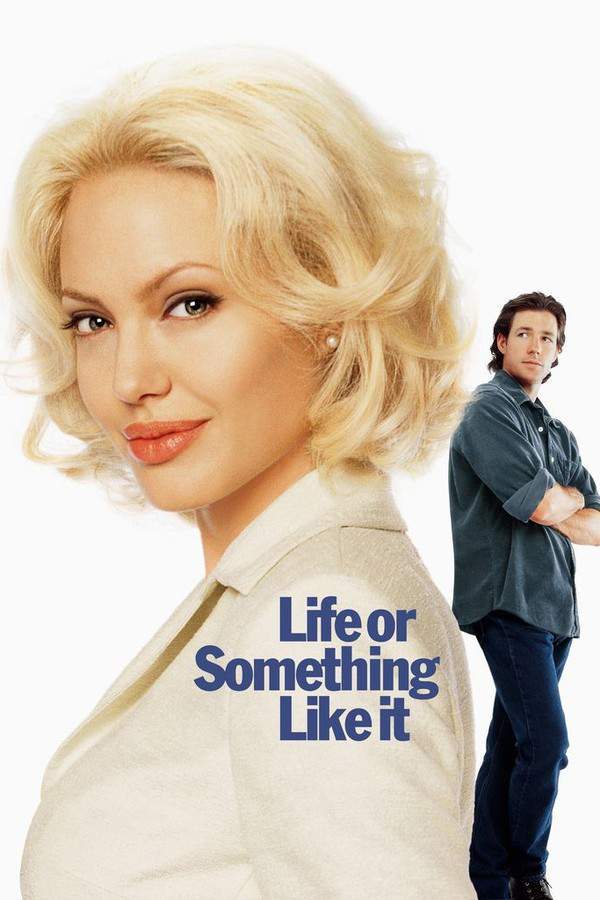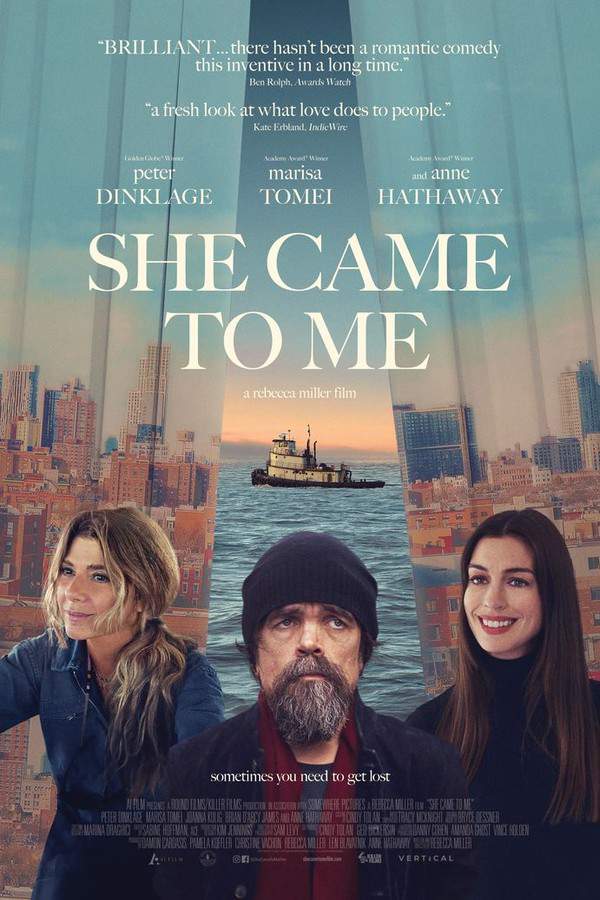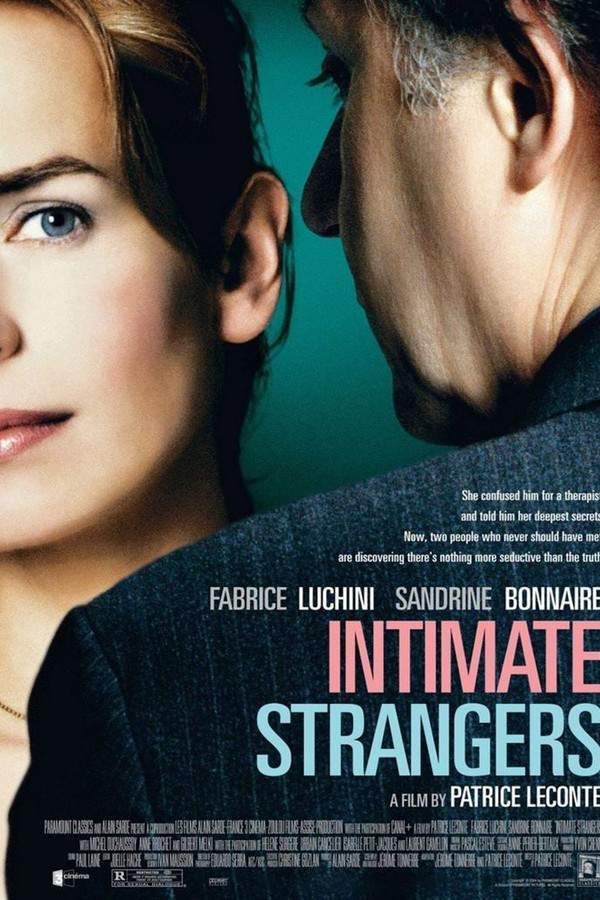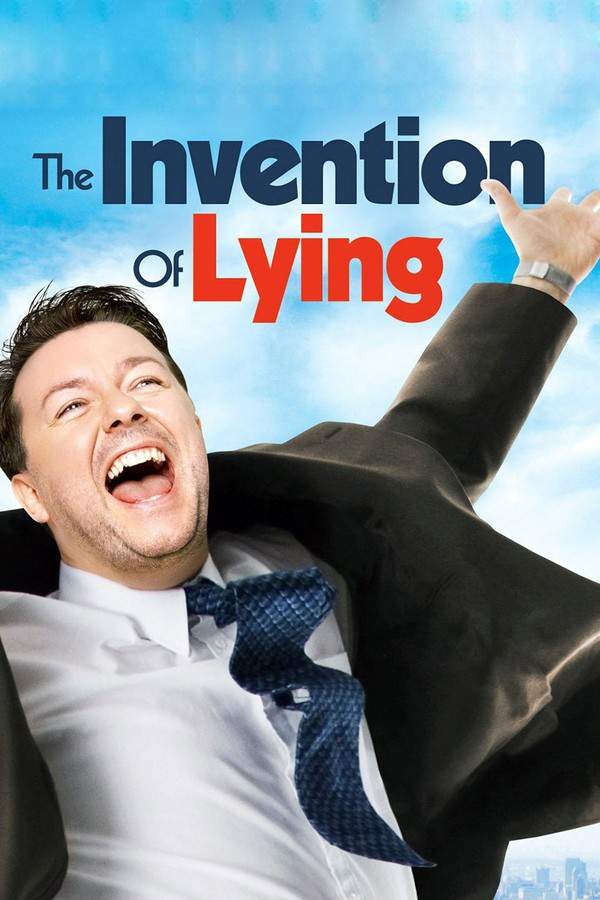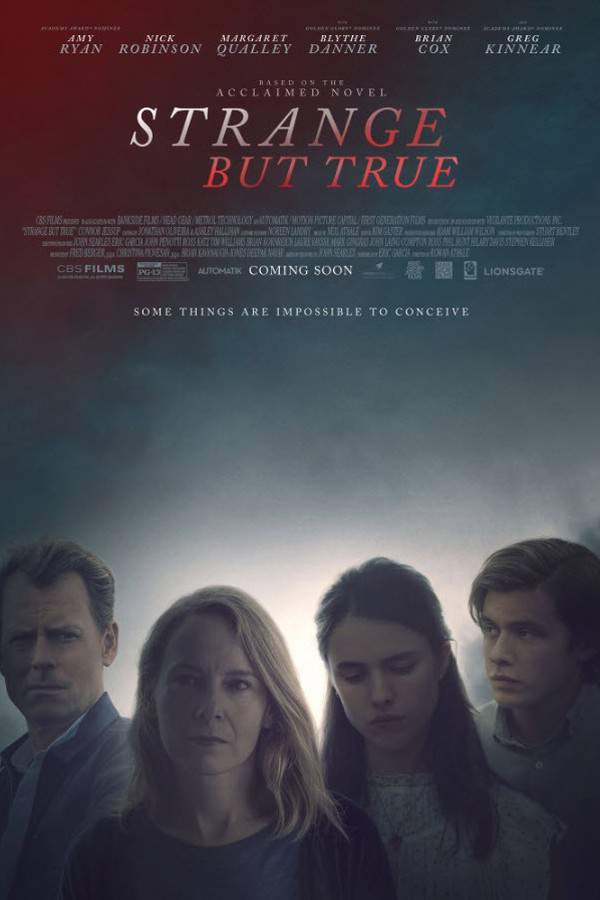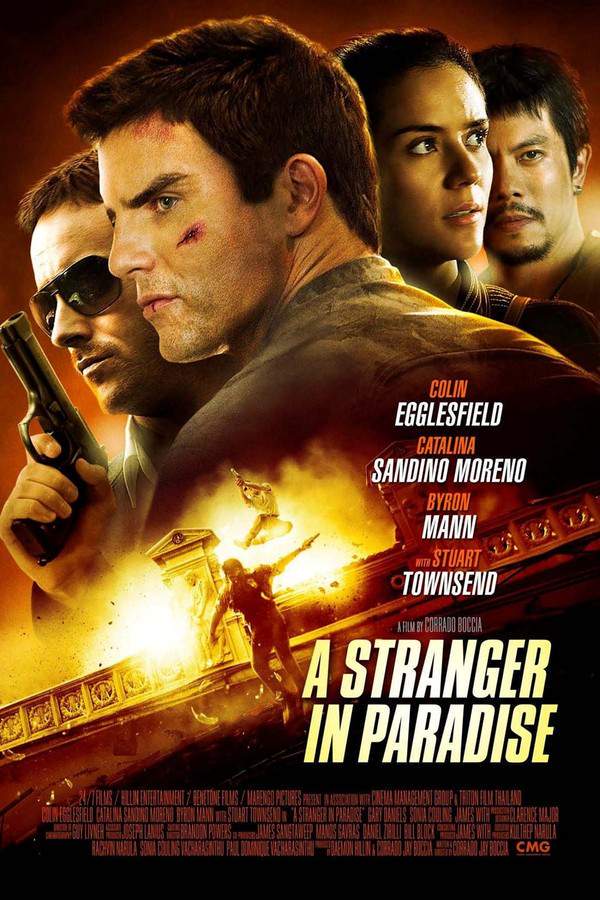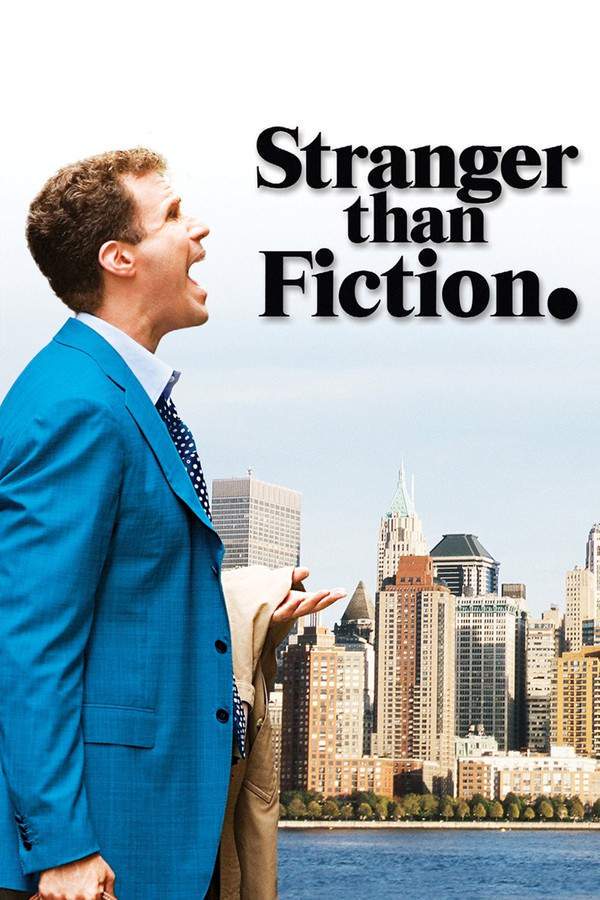
Stranger Than Fiction
Year: 2006
Runtime: 113 min
Language: English
Director: Marc Forster
Budget: $30M
An IRS agent named Harold Crick finds his life inexplicably narrated by an unseen voice, predicting his every move and ultimately, his death. As he desperately seeks to understand and stop the narration, he discovers the identity of the author and the profound connection between his reality and the story being written about him. Harold must confront his mortality and find a way to reclaim his life before the narrative concludes.
Warning: spoilers below!
Haven’t seen Stranger Than Fiction yet? This summary contains major spoilers. Bookmark the page, watch the movie, and come back for the full breakdown. If you're ready, scroll on and relive the story!
Stranger Than Fiction (2006) – Full Plot Summary & Ending Explained
Read the complete plot breakdown of Stranger Than Fiction (2006), including all key story events, major twists, and the ending explained in detail. Discover what really happened—and what it all means.
Harold Crick, an auditor for the Internal Revenue Service, leads a life dictated by the steady tick of his wristwatch. His latest assignment has him auditing Ana Pascal, a tax-delinquent baker, for whom he finds himself developing an awkward attraction. On this particular day, Harold starts hearing a mysterious woman’s voice that omnisciently narrates his daily life, leaving him baffled and unable to respond.
As he heads home, his watch unexpectedly stops, prompting him to reset it using the time provided by a passerby. The voice ominously narrates, > “little did he know that this simple, seemingly innocuous act would result in his imminent death.” Concerned about this unsettling prediction, Harold consults a psychiatrist, who attributes the voice to schizophrenia. However, they both consider that if it’s not a mental illness and indeed a narrator exists, seeking the counsel of a literature expert might offer some answers.
This leads Harold to Jules Hilbert, a university literature professor, who initially agrees with the psychiatrist. Recognizing the banality in Harold’s life, he suspects that his story lacks the drama typically found in novels. But as the two talk, Jules detects recognizable elements of literature, advising Harold to discern if his narrative leans towards comedy or tragedy.
Their professional interaction parallels Harold’s personal life, where his budding relationship with Ana intensifies. After declining cookies from Ana, fearing they may be perceived as a bribe, she angrily dismisses him, which leads Harold to believe that he is, in fact, part of a tragic story. Following Jules’ guidance, Harold decides to take control of his fate by doing absolutely nothing for a day. Ironically, his apartment gets partially demolished by a wrecking crew mistaking it for an abandoned building, pushing Jules to assert that it’s best for Harold to embrace his fate and live fully until the end.
Taking this advice to heart, Harold takes a prolonged break from work, bonds with his co-worker Dave, embraces his passion for learning guitar, and pursues a romantic relationship with Ana. All the while, Harold starts to perceive his narrative in a new light, identifying it as a potential comedy. This leads him back to Jules, where he inadvertently connects the voice to the acclaimed author, Karen Eiffel.
In a parallel journey, Karen has been grappling with writer’s block, desperately seeking a compelling way to conclude her narrative surrounding Harold’s character, ultimately titled “Death and Taxes.” Starkly aware of the literary precedent of her characters meeting tragic ends, Harold’s reality terrifies her when she discovers he is real. With her assistant Penny on a mission to ensure the book’s completion, Karen reveals to Harold that she has recently crafted an ending in which he dies.
As tension mounts, Karen prepares to finalize Harold’s fate with a single keystroke. Unable to face his foretold demise, Harold chooses to forgo reading the manuscript but instead passes it to Jules, who praises it as Karen’s masterpiece while noting Harold’s death is pivotal to the story’s impact. This uncertainty weighs heavily on Harold, but with Jules’ reassurance about the beauty of life’s fragility, Harold reads the manuscript and finds solace in Karen’s portrayal, deeming it “beautiful.” Accepting his fate, he spends a heartfelt evening with Ana.
On the fateful day of his return to work, as Karen narrates the scene while typing, Harold’s watch, having unwittingly been set ahead, leads him to the bus stop early. In a stroke of bravery, he leaps to save a child about to be struck by a bus, sacrificing himself in the process. Yet, just as Karen pens Harold’s end, she struggles to complete the narrative.
Miraculously, Harold revives in a hospital with Ana by his side, having narrowly escaped death thanks to the remnants of his watch, which inadvertently saved his life by obstructing a critical artery. In the aftermath, Jules reveals to Karen that the manuscript lacks potency without Harold’s sacrifice, prompting them to recognize that his selfless act adds profound meaning to the story—designating his wristwatch, previously anthropomorphized throughout the film, as the character who meets a tragic demise instead.
Last Updated: November 03, 2024 at 21:36
Explore Movie Threads
Discover curated groups of movies connected by mood, themes, and story style. Browse collections built around emotion, atmosphere, and narrative focus to easily find films that match what you feel like watching right now.
Metafictional Movies Like Stranger Than Fiction
Stories that break the fourth wall, placing characters in a battle against their author or fate.Explore movies like Stranger Than Fiction where characters confront their own fictional nature. If you enjoyed the blend of existential drama with a whimsical, self-aware plot, you'll find similar thought-provoking stories about authorship and free will in this collection.
Narrative Summary
The narrative pattern involves a protagonist discovering they are a character in a book, film, or other narrative construct. This revelation kicks off a journey to understand the rules of their world, confront their creator, and fight for autonomy against a predetermined plot, often leading to a philosophical climax about the nature of existence.
Why These Movies?
Movies in this thread are united by a shared metafictional premise that challenges the line between fiction and reality. They typically feature a whimsical or intellectual tone, a steady pacing that allows for contemplation, and a central conflict between fate and free will that resonates on a deeply human level.
Movies About Personal Transformation Like Stranger Than Fiction
Character-driven stories about ordinary people finding extraordinary meaning in their lives.Find movies similar to Stranger Than Fiction that follow a quirky, introspective journey of self-discovery. These character-driven dramas and comedies explore how ordinary people find new meaning and connection, often with a bittersweet but hopeful conclusion.
Narrative Summary
The narrative follows a structured, perhaps socially isolated individual whose orderly existence is disrupted. This catalyst forces them to step outside their comfort zone, leading to new relationships and perspectives. The story unfolds at a steady pace, focusing on internal change rather than external action, culminating in a bittersweet but meaningful acceptance of a new self.
Why These Movies?
These movies are grouped by their shared focus on a gentle, character-led arc of transformation. They balance dry humor with sincere emotion, feature a medium emotional weight, and prioritize the protagonist's internal journey over fast-paced plot, resulting in a contemplative and ultimately uplifting vibe.
Unlock the Full Story of Stranger Than Fiction
Don't stop at just watching — explore Stranger Than Fiction in full detail. From the complete plot summary and scene-by-scene timeline to character breakdowns, thematic analysis, and a deep dive into the ending — every page helps you truly understand what Stranger Than Fiction is all about. Plus, discover what's next after the movie.
Stranger Than Fiction Timeline
Track the full timeline of Stranger Than Fiction with every major event arranged chronologically. Perfect for decoding non-linear storytelling, flashbacks, or parallel narratives with a clear scene-by-scene breakdown.

Characters, Settings & Themes in Stranger Than Fiction
Discover the characters, locations, and core themes that shape Stranger Than Fiction. Get insights into symbolic elements, setting significance, and deeper narrative meaning — ideal for thematic analysis and movie breakdowns.

Stranger Than Fiction Spoiler-Free Summary
Get a quick, spoiler-free overview of Stranger Than Fiction that covers the main plot points and key details without revealing any major twists or spoilers. Perfect for those who want to know what to expect before diving in.

More About Stranger Than Fiction
Visit What's After the Movie to explore more about Stranger Than Fiction: box office results, cast and crew info, production details, post-credit scenes, and external links — all in one place for movie fans and researchers.

Similar Movies to Stranger Than Fiction
Discover movies like Stranger Than Fiction that share similar genres, themes, and storytelling elements. Whether you’re drawn to the atmosphere, character arcs, or plot structure, these curated recommendations will help you explore more films you’ll love.
Explore More About Movie Stranger Than Fiction
Stranger Than Fiction (2006) Scene-by-Scene Movie Timeline
Stranger Than Fiction (2006) Movie Characters, Themes & Settings
Stranger Than Fiction (2006) Spoiler-Free Summary & Key Flow
Movies Like Stranger Than Fiction – Similar Titles You’ll Enjoy
The Stranger (2022) Story Summary & Characters
Intimate Strangers (2004) Spoiler-Packed Plot Recap
The Invention of Lying (2009) Full Movie Breakdown
Complete Strangers (2020) Ending Explained & Film Insights
Strange But True (2019) Film Overview & Timeline
A Stranger in Paradise (2014) Plot Summary & Ending Explained
Strangers (2024) Ending Explained & Film Insights
Welcome the Stranger (2018) Plot Summary & Ending Explained
The Stranger: More Than a Messiah (1992) Movie Recap & Themes
Stranger In My House (1982) Full Summary & Key Details
Stranger (1991) Story Summary & Characters
The Stranger (1987) Ending Explained & Film Insights
Stranger on the Third Floor (1940) Story Summary & Characters
Stranger by Night (1994) Movie Recap & Themes
The Stranger in Our Bed (2022) Full Movie Breakdown

